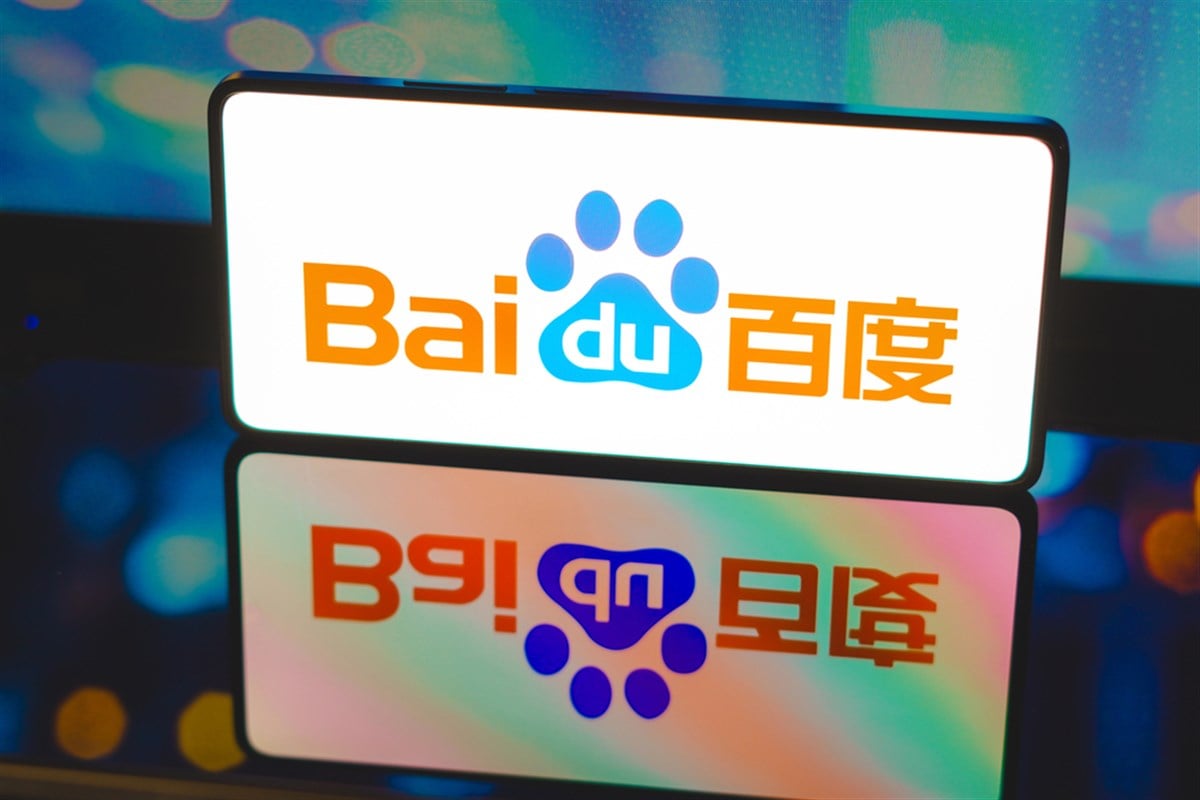
Recently, investors have had the chance to gain insight into the portfolios of Wall Street’s mega investors, from Warren Buffett and his multi-billion dollar positions and portfolio shifts to Michael Burry and his not-so-contrarian value investments. Michael Burry directly goes against popular culture and opinion by allocating some of his capital to Chinese stocks.
Valuations have been kept compressed for China’s stock market, as geopolitical risks and fears of investing in overseas markets have caused investors to avoid investing in Asia’s powerhouse. However, this time, Burry is not alone. While his first pick, Alibaba Group (NYSE: BABA), may have been picked up by others like George Soros, Burry made a classic individual move into another technology blue-chip.
By making Baidu Inc. (NASDAQ: BIDU) one of his top five stock picks in his portfolio, Burry can—like other investors—be exposed to China’s growth in data and communications, as Baidu can be considered China’s Alphabet Inc. (NASDAQ: GOOGL).
After the company reported its second quarter 2024 earnings results, its stock was lower by 4.4% during the trading session, but that only adds to the potential upside to be had in the coming months.
Baidu's Financials Highlight Why Investors Should Give the Stock a Second Look
Management states in the company's quarterly earnings release that despite ongoing headwinds in the Chinese economy, investors should have nothing to worry about. Artificial intelligence and cloud business revenue offset the declines in small businesses' advertising budgets.
However, as the Chinese government continues to apply economic stimulus measures, which have already had an effect through continuously expanding manufacturing PMI indexes and positive inflation readings for every month of 2024, investors have new reasons to believe more upside could lie ahead.
Revenue jumped by as much as 12% over the past quarter for the Baidu core business, significantly above the national inflation rate to signify rising consumer demand. Because of the compressed business cycle in China right now, operating cost management is easier, so Baidu's operating income grew by a larger 24% in the quarter.
Knowing what Baidu is now capable of even during one of China's slowest business cycles, investors could find the current Wall Street forecast for 10.8% earnings per share (EPS) growth in the next 12 months. But this perspective doesn't have to be left to revision by analysts; here's what management has to say about the future.
By investing $301 million in a stock buyback program, management is broadcasting its bullish view of the stock's future. If the stock was cheap enough for management to buy, then Michael Burry may feel justified in keeping Baidu at the top of his portfolio.
Wall Street's Outlook on Baidu Stock and Its Future Potential
Despite the conservative forecasts for EPS growth set by Wall Street analysts currently, others are willing to reveal more realistic views for the company moving forward. Those at Citigroup landed on a $155 price target for Baidu stock as recently as July 2024.
To prove these targets right, the stock would have to rally by as much as 80.6% from where it trades today. Realizing that the government's economic stimulus, along with the inevitable Chinese economic recovery, could boost Baidu's earnings potential as part of the consumer sector, investors could start to take this upside more seriously.
These analysts weren't the only ones on Wall Street willing to risk their reputations for their views on Baidu stock; Primecap Management (Baidu stock's largest investor) boosted its position by as much as 17.2% during the past quarter, bringing its net investment up to $1 billion for 3.4% ownership in the company.
The concern is now centered around whether the stock offers enough of a discount today. On a price action basis, Baidu only trades at 57% of its 52-week high price, creating enough of a gap for investors to consider.
But, the crystalizing factor comes through Baidu's valuation multiples. Trading at a price-to-book (P/B) ratio of 0.8x would not only place Baidu at a discount to its book but also significantly below the rest of the computer sector's average valuation of 6.9x P/B.
While this stock does not pay a dividend yet, to cushion any volatility that investors might encounter by holding it, Baidu's consistently positive free cash flow generation can offer some of the compounding effects of reinvesting back into high-margin operations in a growing economy.